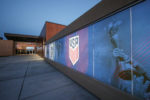Athletic Trainers Are Health Care
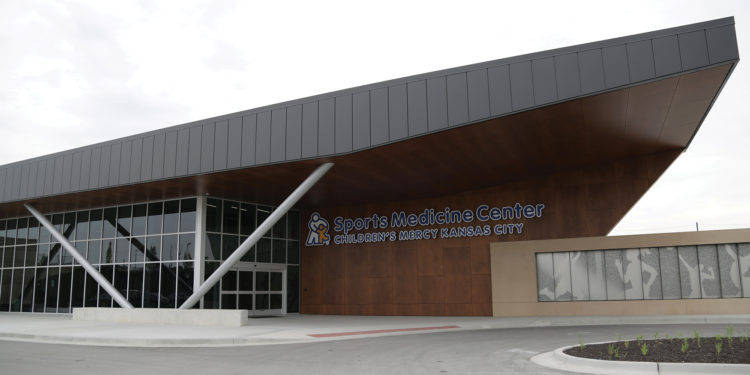
National Athletic Training Month 2019
The work of athletic trainers is a multifaceted role, putting the athlete as the top priority.
National Athletic Training Month is held every March in order to spread awareness about the important work of athletic trainers, those dedicated professionals with a solid role to fill in health care. Not to be confused with a personal trainer, a Certified Athletic Trainer is someone who has met the qualifications set by a state licensure and/or the Board of Certification, Inc., practicing athletic training under the direction of a physician. An Athletic Trainer (AT) must have at least a bachelor’s degree in Athletic Training and must also pass a comprehensive examination before earning the ATC credential. Additionally, continuing education credits are required throughout an AT’s career and the AT must adhere to standards of professional practice as set by one national certifying agency.
Among the many responsibilities of an AT include providing physical medicine and rehabilitation services; prevent, diagnose, treat and rehabilitate injuries, both acute and chronic; and coordinate care with doctors and other health care professionals. ATs may work in schools, colleges, professional sports, hospitals, corporations, industry, clinics and the military.
These professionals work tirelessly, preventing injuries and getting athletes back to the peak of their game, providing all aspects of care along the way.
For ATs working in the professional sports arena, the welfare of the players is their top priority. Bringing this mindset closer to home are the experienced ATs of Kansas City’s Major League Soccer club Sporting KC. These professionals have a key role in helping the athletes avoid injury and also respond to incidents with appropriate medical care and rehabilitation measures in a compassionate manner, working in partnership with each player to make decisions about how to proceed with medical care.
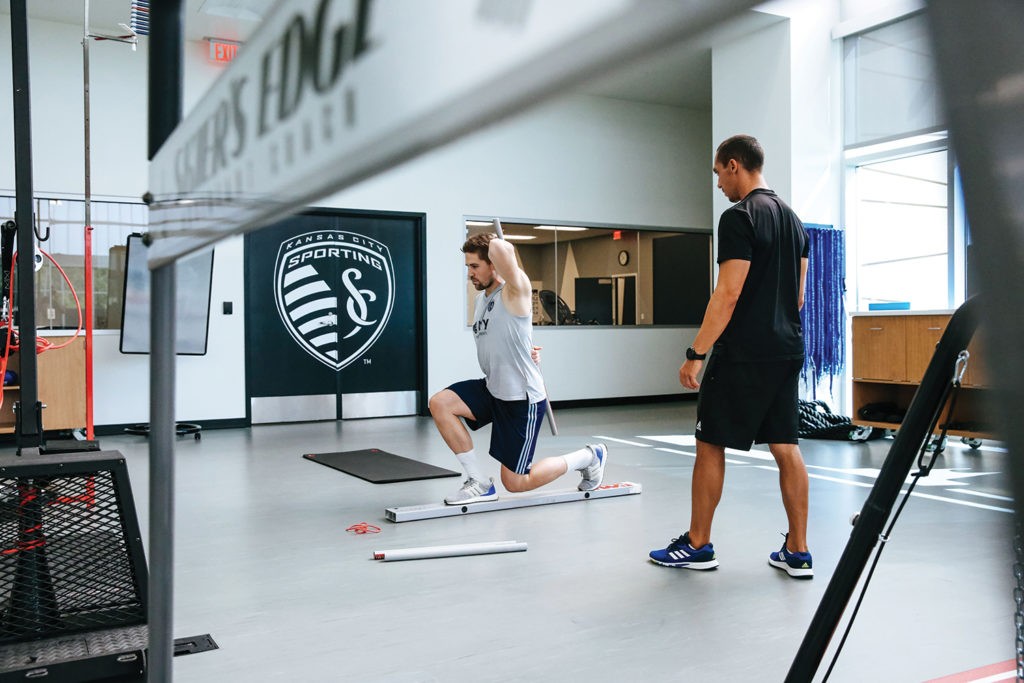
A World-Class Environment where ATs and Athletes shine is right here in Kansas City
Serving as the training home for Sporting KC, as well as the home for U.S. Soccer and the Children’s Mercy Sports Medicine Center at Village West, Pinnacle National Development Center is a state-of-the-art complex dedicated to the development of athletes, coaches and referees of all ages.
This facility is truly jaw-dropping, as it contains five full-size soccer fields, a premier sports performance lab, a sports performance gymnasium and a multitude of spaces designed for coaching education. Its campus is an elite athlete’s dream and its amenities are truly a professional paradise for the AT. True to the definition of its name, Pinnacle offers the highest point of development or achievement for athletes, and the ATs who work in this arena refuse to fall short of helping each competitor reach his or her individual summit of performance.
As a result, this has become the hub for youth athletes’ sports medicine services and overall soccer development in the United States.
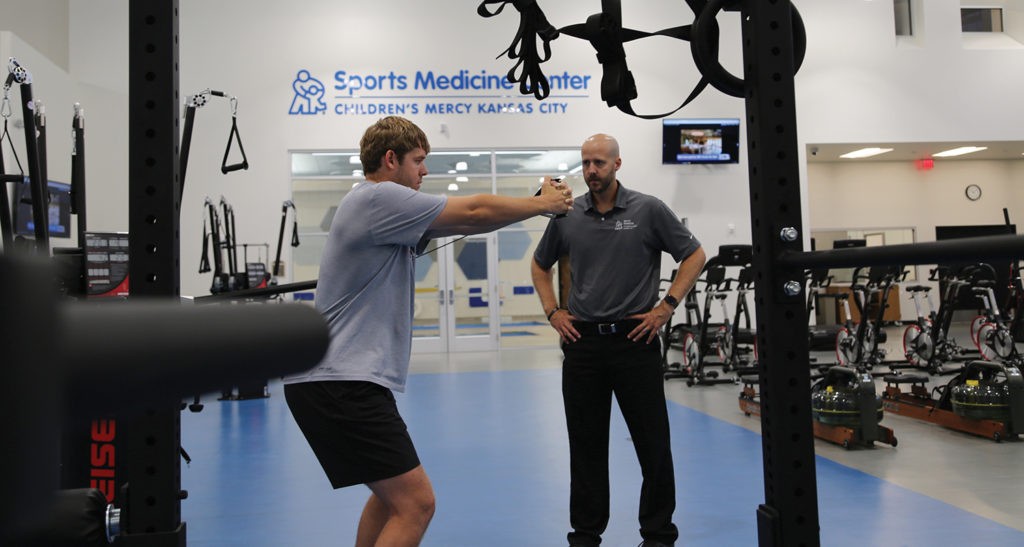
A “No Excuse” Facility – Taking the AT’s role to the next level
Chet North, Director of the Sports Performance Lab and Medical Research for Sporting KC, has spent 24 seasons with professional soccer in Kansas City.
“When designing this facility, we thought of everything we could to make our athletes the best,” he said. “It meets their potential and as a result we are at the top of the league every year.”
North has experience at all levels within the athletic training climate, but currently focuses on the performance lab at the center, overseeing the testing and recovery for athletes and working hand-in-hand with the head athletic trainer to understand where the performance levels of the athletes are.
“Our job is to get the athletes to the highest level of performance, and that is achieved through a number of things, including hyperbaric chambers, cryotherapy labs, recovery rooms, massage suites, atmospheric chambers and a physician’s clinic.”
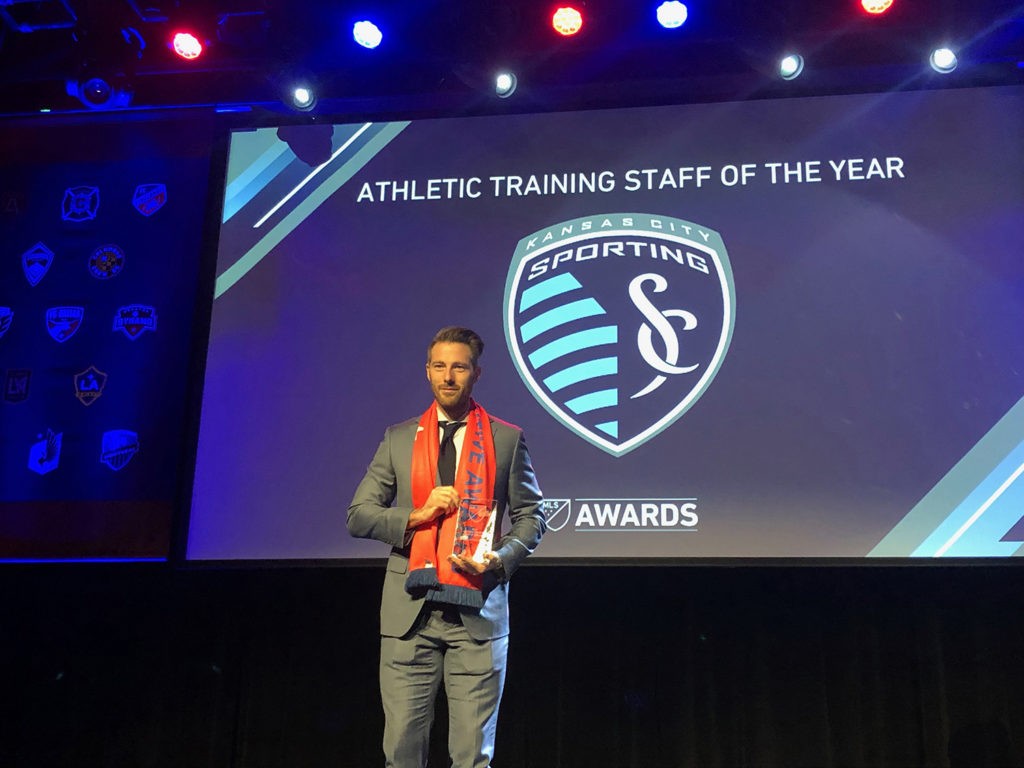
Kurt Andrews excepting the Athletic Training Staff of the Year award.
The many hats worn by the Athletic Trainer
Kurt Andrews, MS, ATC, PES, CES, XPS, Director of Sports Medicine and Head Athletic Trainer with Sporting KC, fully embraces what it means to be an AT.
“The role of an athletic trainer or sports medicine professional is a role that at times can wear many different caps,” explained Kurt Andrews, Director of Sports Medicine for Sporting KC.
“First and foremost it’s crucial we provide top notch health care services to the athlete to ensure they can perform at their highest level. The service we provide needs to be based on the most current evidence-based practices, and we as professionals need to continue to push the envelope in being progressive with our treatment protocols. We need to be strong role models for our athletes, as many of us deal with kids at times (our youngest guy on the team is 16 years old) so it’s our duty to teach them what it’s like to be mature, responsible, and respectful.”
Andrews emphasized the role of an AT as being the primary communication link between coaches, players, doctors, parents, and other sports medicine colleagues.
“We end up spending a lot of time with these guys and develop really strong bonds and relationships with them, so we tend to be an ear they can always talk to or at times a shoulder to cry on,” reflected Andrews. “We are incredibly important in both the personal and professional aspects of their life.”
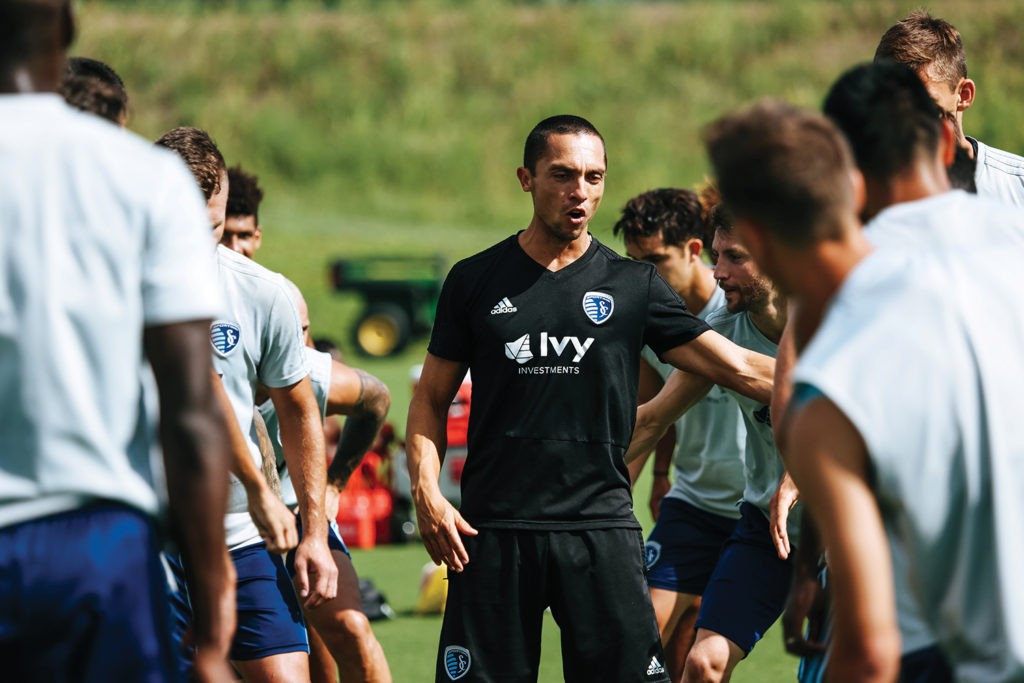
Mateus Manoel (center) training with the Sporting KC team on strength and conditioning.
Strength and Conditioning – Keeping the Athlete performing at a high level
Mateus Manoel, Director of Sports Performance and Science, focuses his efforts on strength and conditioning, as well as rehabilitation and sports medicine.
“We run a very holistic methodology at Sporting KC,” he explained. “Athletic training is very integrated with all aspects of a player’s health and well-being as our focus. On one side we have the rehab, sports medicine, physicians and ATs who guide the patient through rehab and on the other side we employ performance applications, preparing the athlete to tolerate and deal with the demands for their position and the game of soccer.”
Manoel and his team provide an “all hands on deck” approach to the athletes, giving them the support they need through each of these phases and getting them back to performing at a high level.
And the results don’t lie. The Sporting KC staff won the Athletic Training Staff of the Year in Major League Soccer last year for their success in supporting athletes with a fully integrated and complete program based on science, the latest research and best practices.
“When you work with elite athletes, the details do matter,” Manoel stated. “They are high-performing engines and need to outlast and outperform opponents. We give them enough juice to do this.”
Partnering with Children’s Mercy’s Sports Medicine Center
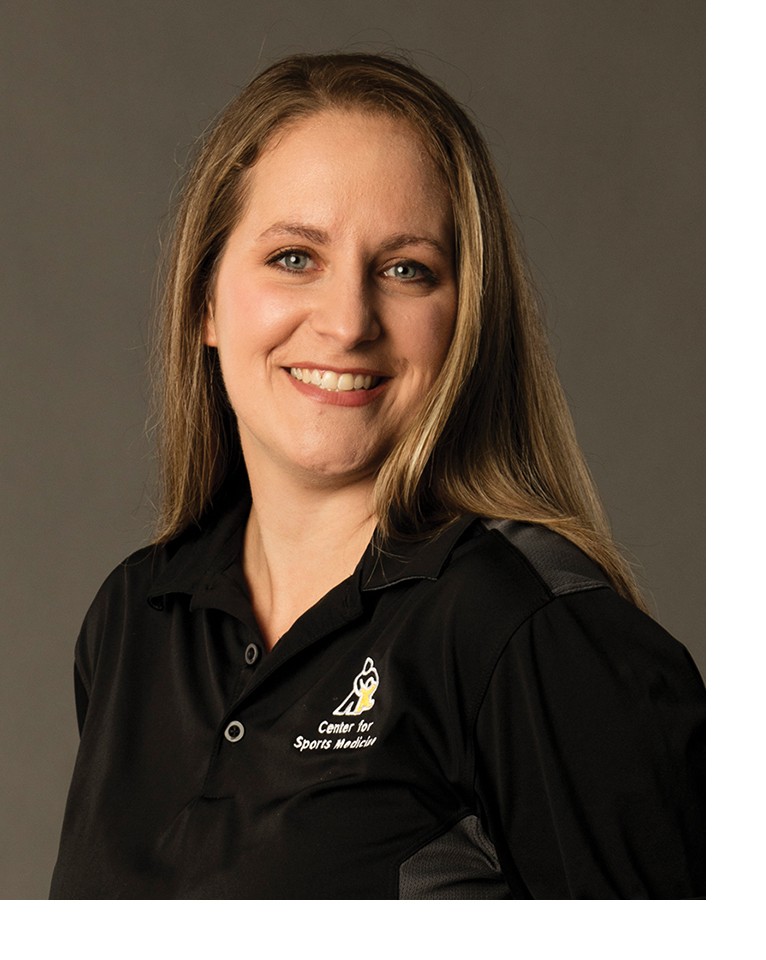 The health experts at Children’s Mercy promote and coordinate sports medicine services to student athletes and their families within the community via the development and improvement of programs, and Nicole Fillingame is an integral part of that liaison between Children’s Mercy and ATs in the community, helping to facilitate access to sports medicine & Kansas City orthopedic providers. She indicated getting athletes back to playing the sport they love is an integral part of the AT’s role.
The health experts at Children’s Mercy promote and coordinate sports medicine services to student athletes and their families within the community via the development and improvement of programs, and Nicole Fillingame is an integral part of that liaison between Children’s Mercy and ATs in the community, helping to facilitate access to sports medicine & Kansas City orthopedic providers. She indicated getting athletes back to playing the sport they love is an integral part of the AT’s role.
“Athletic trainers are vital to the health care team,” noted Nicole Fillingame, MS, LAT, ATC, CES, PES, Sports Medicine Outreach & Athletic Training Manager with Children’s Mercy’s Sports Medicine Center.
Fillingame further emphasized the vital role the AT plays as a provider, educator, emergency responder and liaison between doctors, coaches, physical therapists and the patients.
“ATs are the front line providers when it comes to diagnosing injuries and helping to guide athletes safely back to play following an injury, especially in today’s concussion climate,” she expressed.
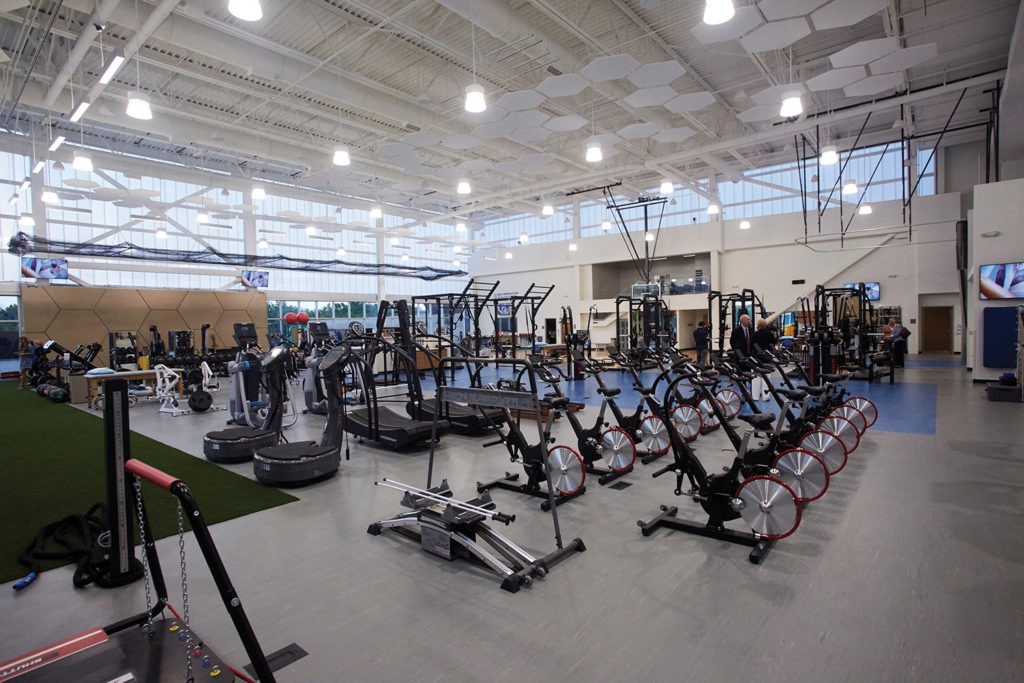
On the Horizon
“We created this facility and it is the only one of its kind,” noted North. “We heavily researched how to put this together and not waste any money in the process. We all knew what we needed, which was a system and a culture of what we’ve learned over the years, to create and develop a lab and a facility like this.”
And as Pinnacle and all therein continue to gain national and international acclaim as the leader in the world of soccer and in business, perhaps Kansas City may be known as the host for the 2026 FIFA World Cup.
“it would be great to be the host city for this event,” smiled North. “Kansas City is a perfect place to be.”
